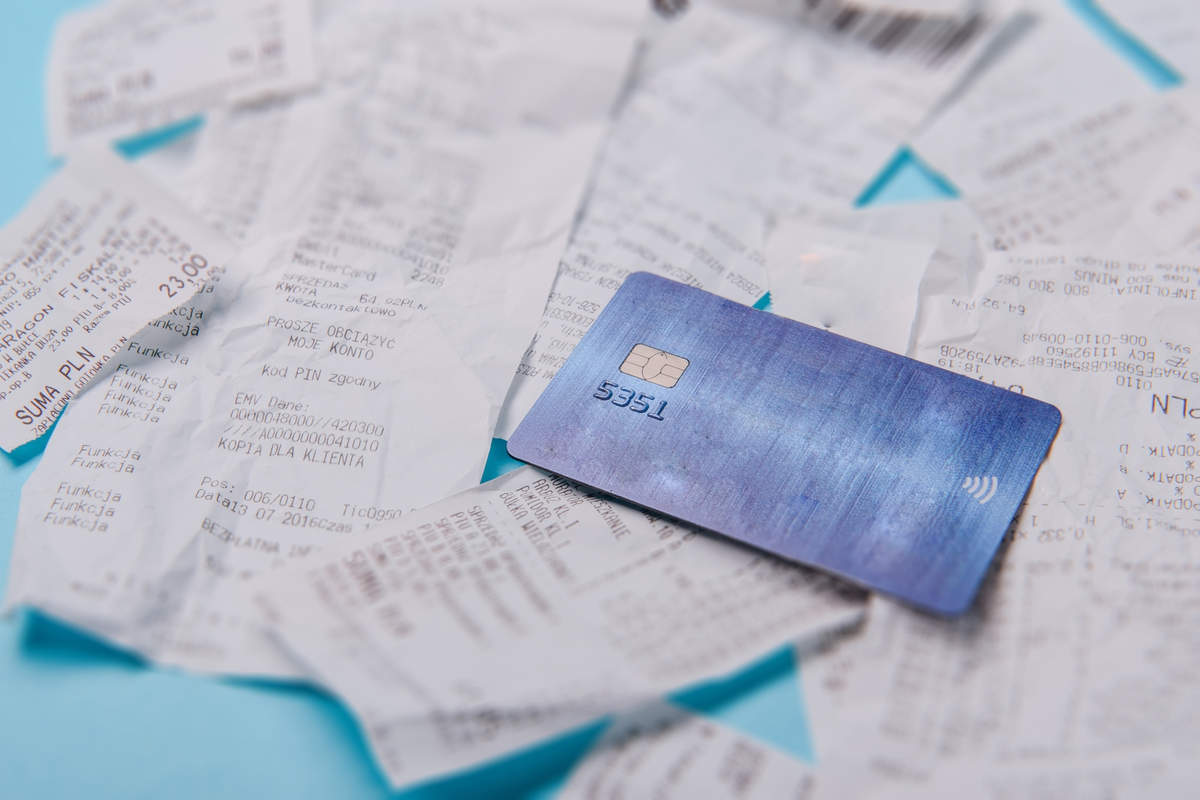Every purchase needs a receipt! Yes, except that in France, as of January 1, 2023, the printing of cash register or bank card receipts will no longer be systematic.
How, then, can you prove your purchase and claim the warranty in the event of a breakdown, defect or malfunction? What are the advantages for professionals to send receipts by e-mail? The European Consumer Centre (ECC) France deciphers this measure and sheds light on the more nuanced practices in other European countries.
How to prove the guarantee without a receipt ?
By obligation or by habit, professionals offer you a receipt at each checkout. A receipt that has evolved in 2021 to address the difficulties of consumers to exercise their rights to warranty. For certain products, such as household appliances, computer equipment or telephones, it is now mandatory to mention the existence of the two-year legal guarantee of conformity.
Proving the purchase and the warranty may become more complicated in France from January 1, 2023 with the abandonment of the paper receipt in favor of the receipt sent by e-mail (Law of February 10, 2020 on the fight against waste and the circular economy). A practice that is becoming more and more common in many stores. In case of breakdown, defect or malfunction of the product, the consumer will have to find in his e-mails, among the many receipts sent by the same retailer, within the two years of the guarantee, the one corresponding to his purchase.
And elsewhere ?
“Without proof of purchase, it is difficult for consumers to assert their rights. This is why the abandonment of paper receipts is not an issue in most European countries,” says Bianca Schulz. The head of CEC France believes that “it would be interesting to distinguish purchases. Maintaining the obligation of a paper receipt for certain appliances or products above a certain price for example”.
Moreover, “this measure, motivated by ecological considerations, could not be justified if it is replaced by a digital pollution” adds Bianca Schulz.
“The proof” in our European neighbors
In Austria, in order to fight against fraud, professionals are obliged to issue a receipt and give it to the customer. The same is true in Germany. Although a receipt can be issued on paper or electronically, for data protection reasons, the latter option is rarely used in Germany.
In the Netherlands, e-tickets are increasingly used by merchants, but a seller cannot waive the guarantee if the consumer cannot find the receipt. A bank statement showing the card payment or a witness statement from someone who was present at the time of purchase can be used as proof.
In Portugal, printed receipts now include a QR code that makes it possible to find the details of the purchase (name of the merchant, price paid, product purchased, date…). A practical solution to fight against the erasure of information on the ticket after months or years.
The advantage for retailers: targeted marketing
For retailers, the dematerialization of the receipt has many advantages in terms of marketing. In order to receive a receipt and thus prove his purchase, the buyer will have to leave at least his e-mail address. This information is essential to send them targeted advertising, promotions on their favorite products, a newsletter… In short, to build customer loyalty.
Good to know: a professional cannot use the personal data of his customers without their agreement. You can therefore accept an e-ticket, but refuse to receive any commercial communication afterwards.
Advice: do not leave a store without a paper receipt or without having verified that you have received the e-ticket. Keep this receipt in a safe place for the duration of the warranty (2 years in France).

